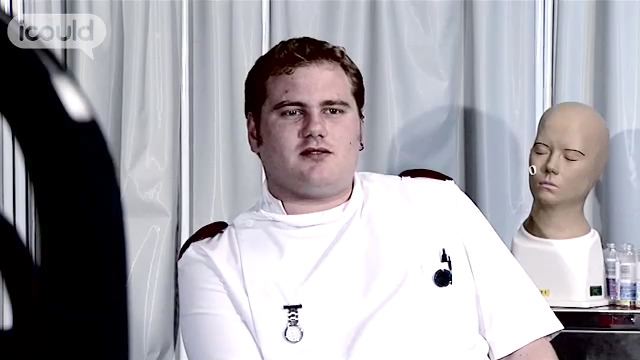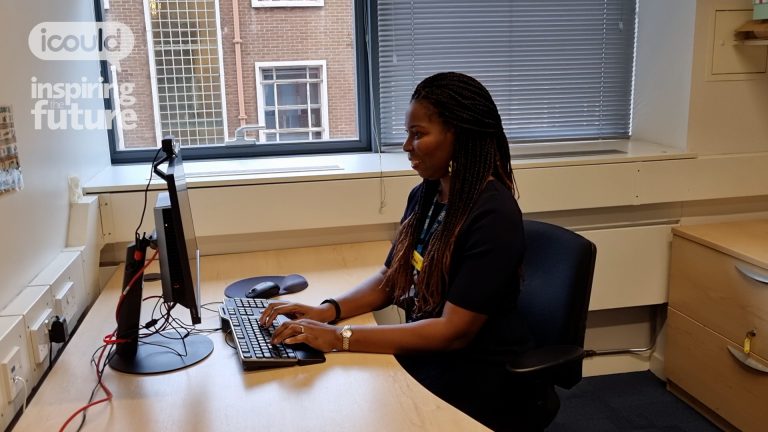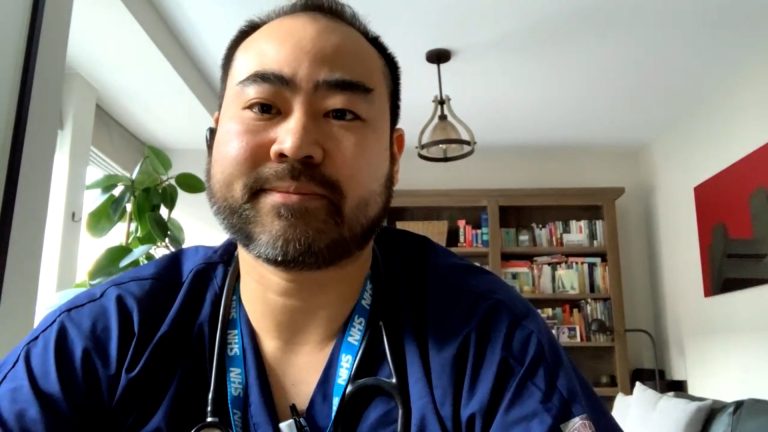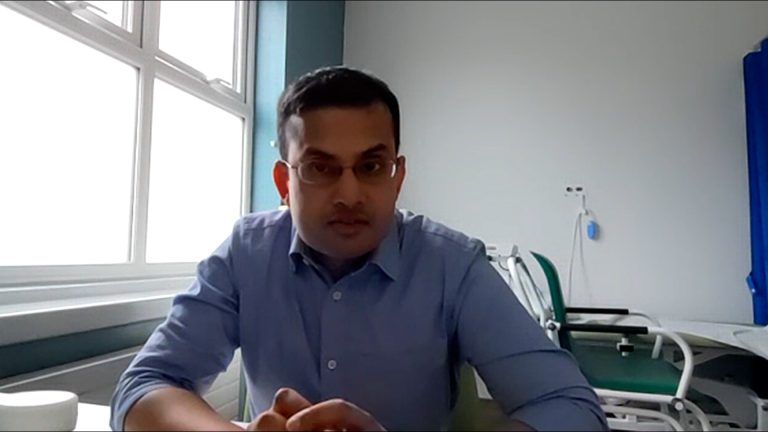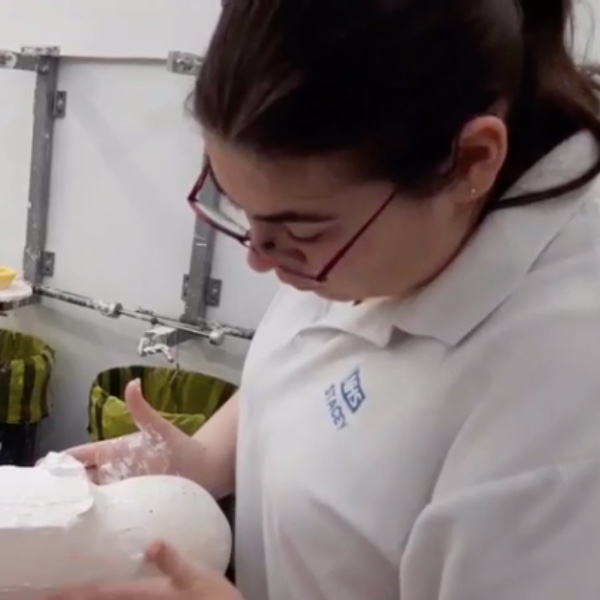Explore: Healthcare
Nursing Associate
Nottingham University Hospitals, NHS
info Issues viewing the video?
| Monica
Nurse |
|
| 00:06 | My name’s Monica. I am a trainee nursing associate, soon to become a registered nursing associate. I work alongside the doctors and the nurses and provide extra care for them and that basically involves doing all medications, looking after their general wellbeing, helping them with washes, helping them with their feeding if they need to and their hydration, so making sure that they’re drinking plenty when they’re in hospital and also helping them towards getting better and actually leaving hospital, and that happens to be my favourite part of my job is seeing people getting better and actually going home back to their families. |
| 00:45 | The most important skills which is something that you can learn from, from now is, is having good listening skills and communication skills. I think that’s really important and it’s good to be able to judge how a person’s feeling. That’s really important. That’s a key skill I would say that you need for this job. |
| 01:03 | I actually started working in retail so I worked for a store called Homebase as my first job and where I was working on the checkouts. I absolutely loved it. I ended up working for a bank and I actually became a cashier in a bank, so I think it was probably that excitement of working with money. So whilst I was working for the bank I actually found out that my husband was really unwell and, and he was gonna have to go through some life-changing surgery and he was actually going to be treated for cancer which was quite a difficult time for us as a family. But it was also a really special time because it meant that I got to spend lots of time with him in hospital. My husband had said to me “You know you seem to be so happy when you’re in the hospital, you know there’s just something about it you know, what, what is it that you’ve always wanted to do?” and I said actually I’ve always wanted to be a nurse and, and so we talked about it and my husband agreed. He said “Actually do you know what, it’s a, you should think about it, you should do it.” So it was, it was a real big decision to make at the time but I think because it was, it was steered by something that was quite, quite a difficult time in our lives we thought actually why not do it, you know, let’s live, let, let’s live today to the fullest and, and actually do what we want to do. So, so I actually took voluntary redundancy from my job so I actually joined the local college and did an access course to further education. |
| 02:36 | I think the best bit of advice that I would give is to think about what subjects you’re actually doing whilst you’re studying already. So if you know you want to go into a career in nursing or in the NHS or any career that you want to go into your maths and English are really really important, so think about, about you know what level you’re at and where you need to get to and if you can actually get your maths and English GCSE then you’re set up for life. |
| 03:00 | If I could speak to my younger self I would probably say have the confidence to go for what you’re really passionate about. I think there was a lot of, a lot of pressure when I was younger to sort of go on and do things which were deemed as you know doing something specific um so you know like be, if you want to be a doctor or a lawyer or something like that but actually I always knew that nursing was what I wanted to do so I wish I’d sort of just stuck to that idea and then, and then gone for it. Think about where you can get opportunities to sort of get ahead of the game and if you can go and do work experience in different areas then do, if you can speak to a careers advisor then speak to them and see, see you know see what things that you need in order to be able to be ready for when it comes round to applying for courses at university. |
| 03:45 | END OF TRANSCRIPTION |
“Because it was steered by something that was quite a difficult time in our lives, we thought, why not do it? Let’s live today to the fullest and actually do what we want to do.” Monica started out working in retail and then went on to work as a cashier in bank. She was inspired to retrain as a nurse after spending time in hospital when her husband became ill.
Related career stories
⇦
⇨
